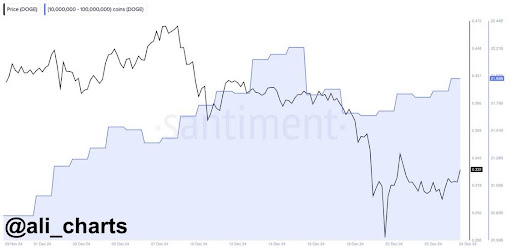The International Monetary Fund (IMF) has expressed reservations about an outright ban on cryptocurrencies. Instead, it encourages more focused regulation, according to its recent report on Latin America and the Caribbean, published on June 22.
The IMF’s report acknowledged different strategies adopted by local governments in the region for cryptocurrency and central bank digital currency (CBDC) usage. Bitcoin was notably declared legal tender in El Salvador in September 2021, and the Bahamas made history as the first country to launch a CBDC, known as the Sand Dollar, in October 2020.
Countries such as Brazil, Argentina, Colombia, and Ecuador currently have cryptocurrency regulation “in progress,” the IMF noted. These nations rank among the highest worldwide for digital asset adoption, largely driven by objectives to serve the unbanked, enable faster and cheaper payments, and more.
The IMF also reported that most central banks in the region are either using or considering the adoption of digital currencies.
The fund underscored the potential benefits of well-designed CBDCs, such as improving the resilience, usability, and efficiency of payment systems, and enhancing financial inclusion in Latin America and the Caribbean.
Rather than banning cryptocurrencies due to associated risks, the IMF suggests that the region should address the reasons behind the demand for cryptocurrencies. These include the unmet digital payment needs of citizens and the necessity for increased transaction transparency.
Also Read: IMF Optimism Amid Central African Bitcoin Adoption
Despite its opposition to countries adopting cryptocurrencies as legal tender, the IMF continues to explore innovative financial solutions. IMF recently proposed a CBDC transaction system using a single ledger, sparking a heated debate within the crypto community.
Credit: Source link









.png)





































